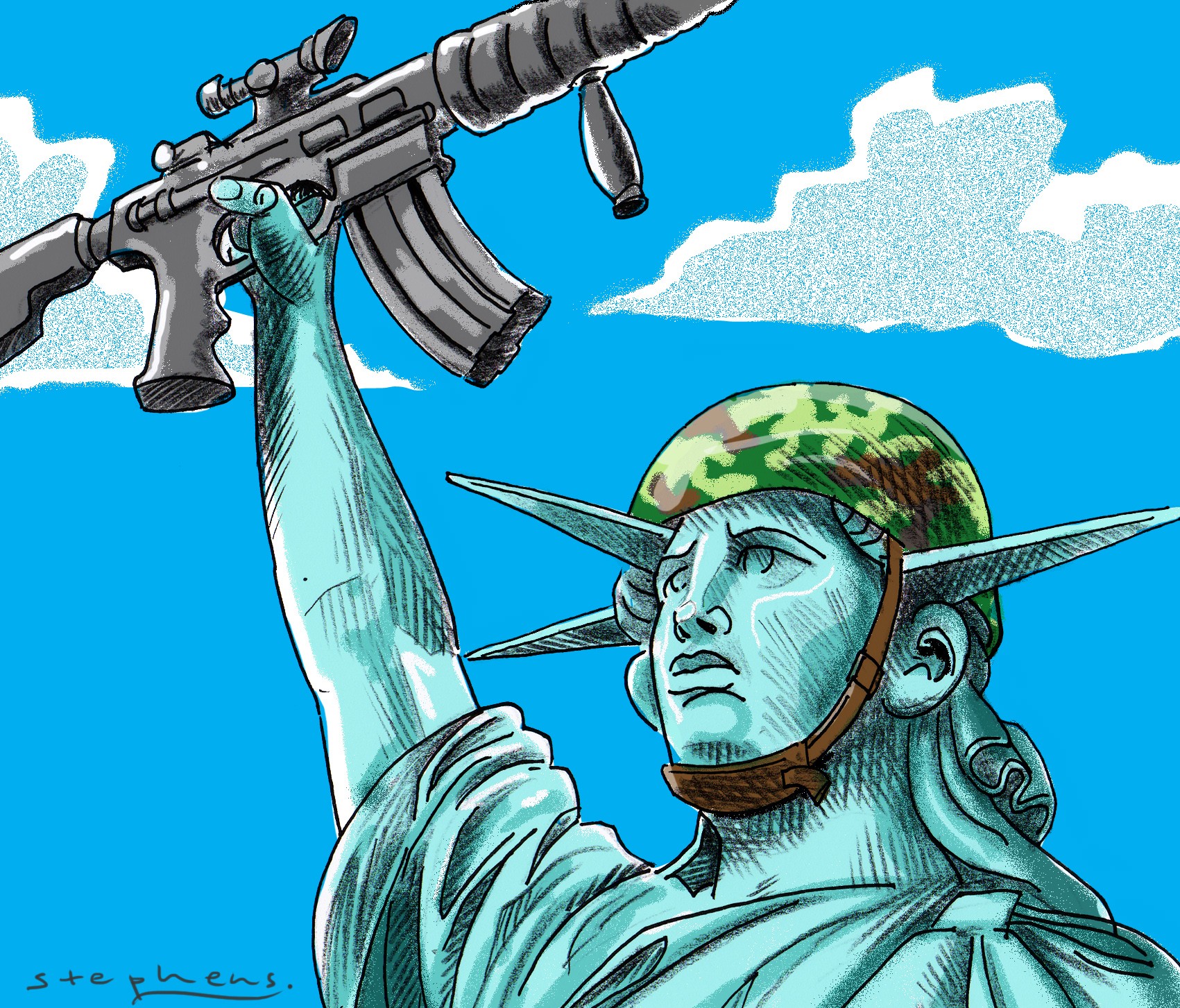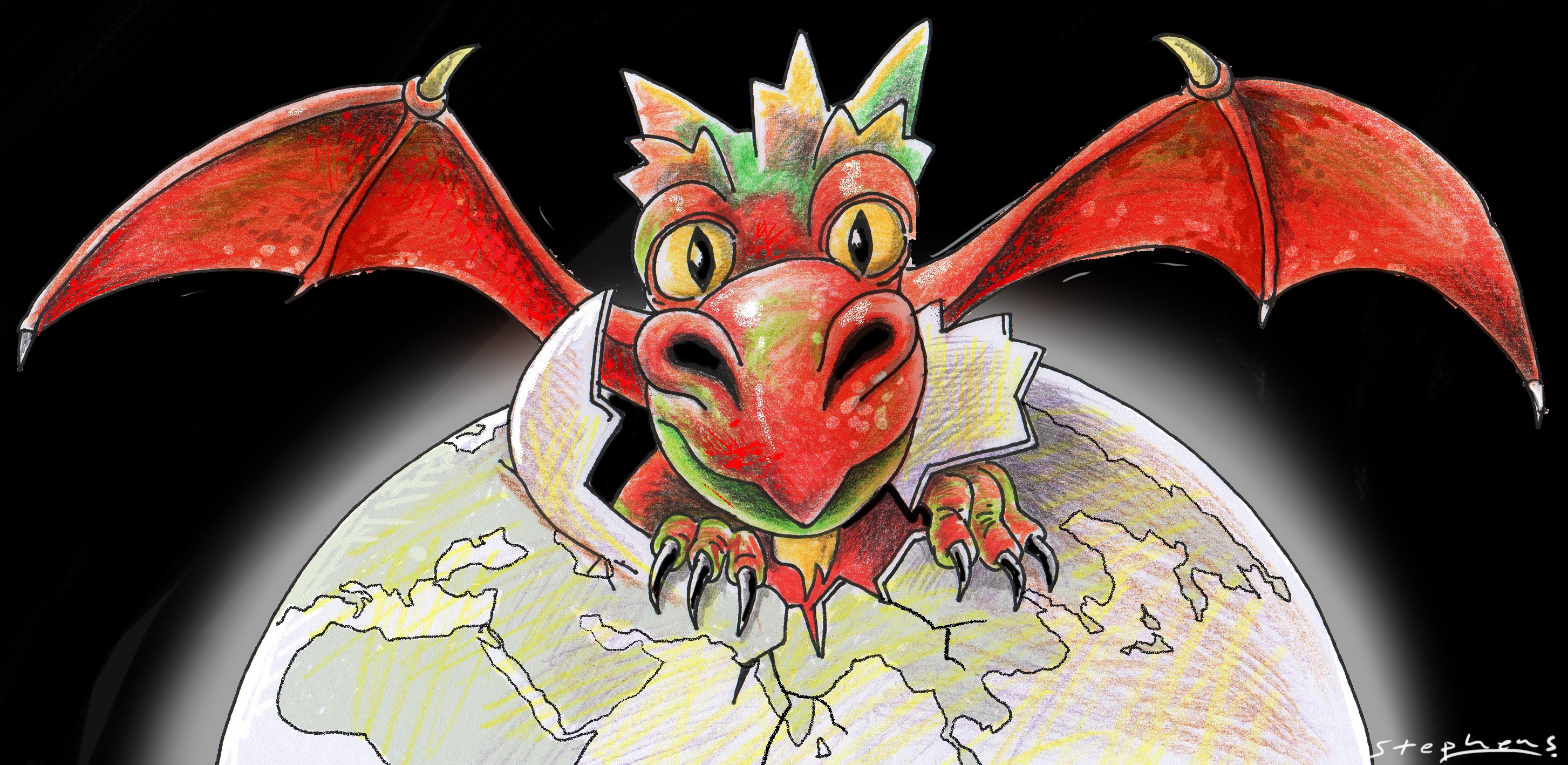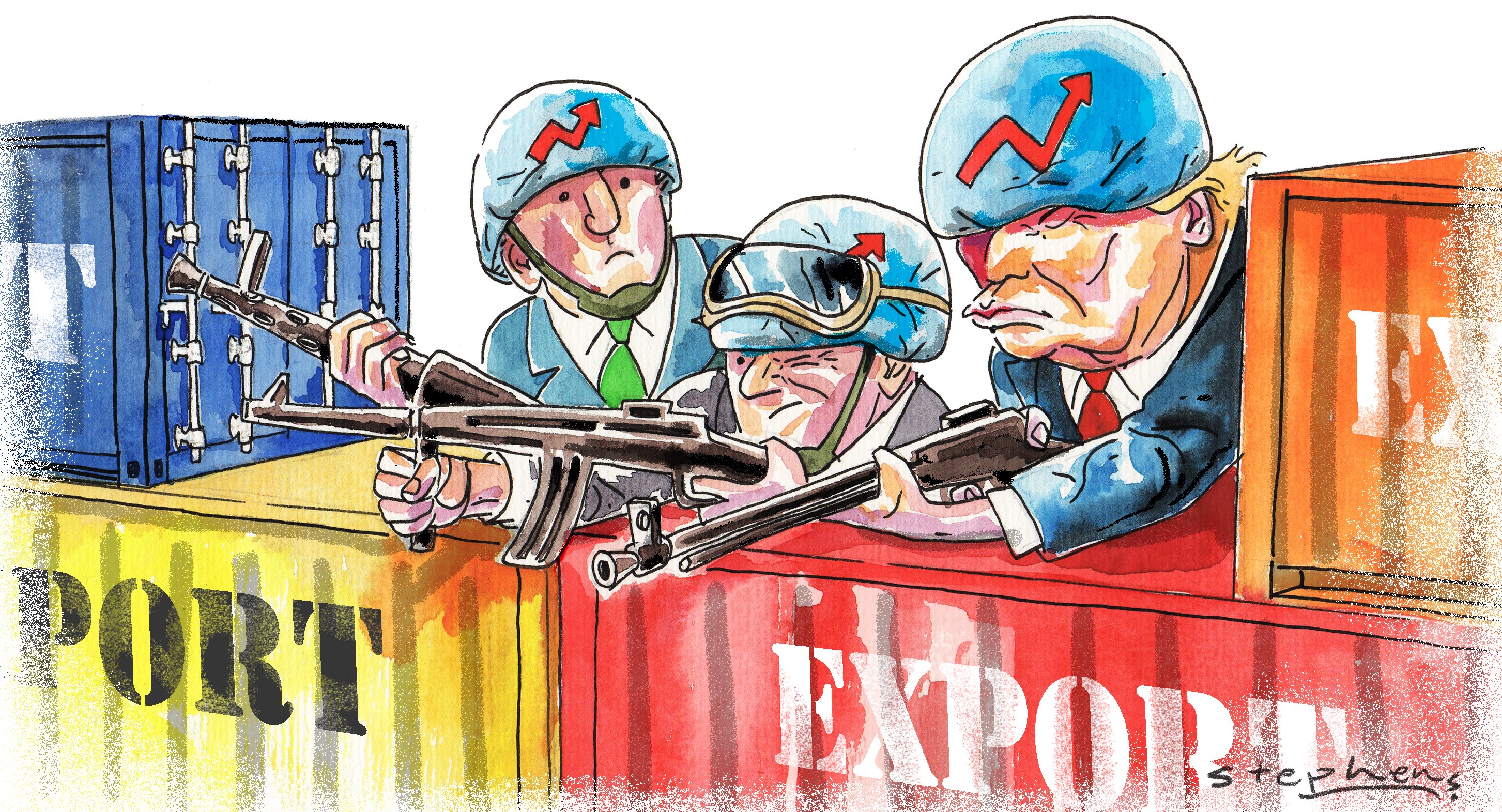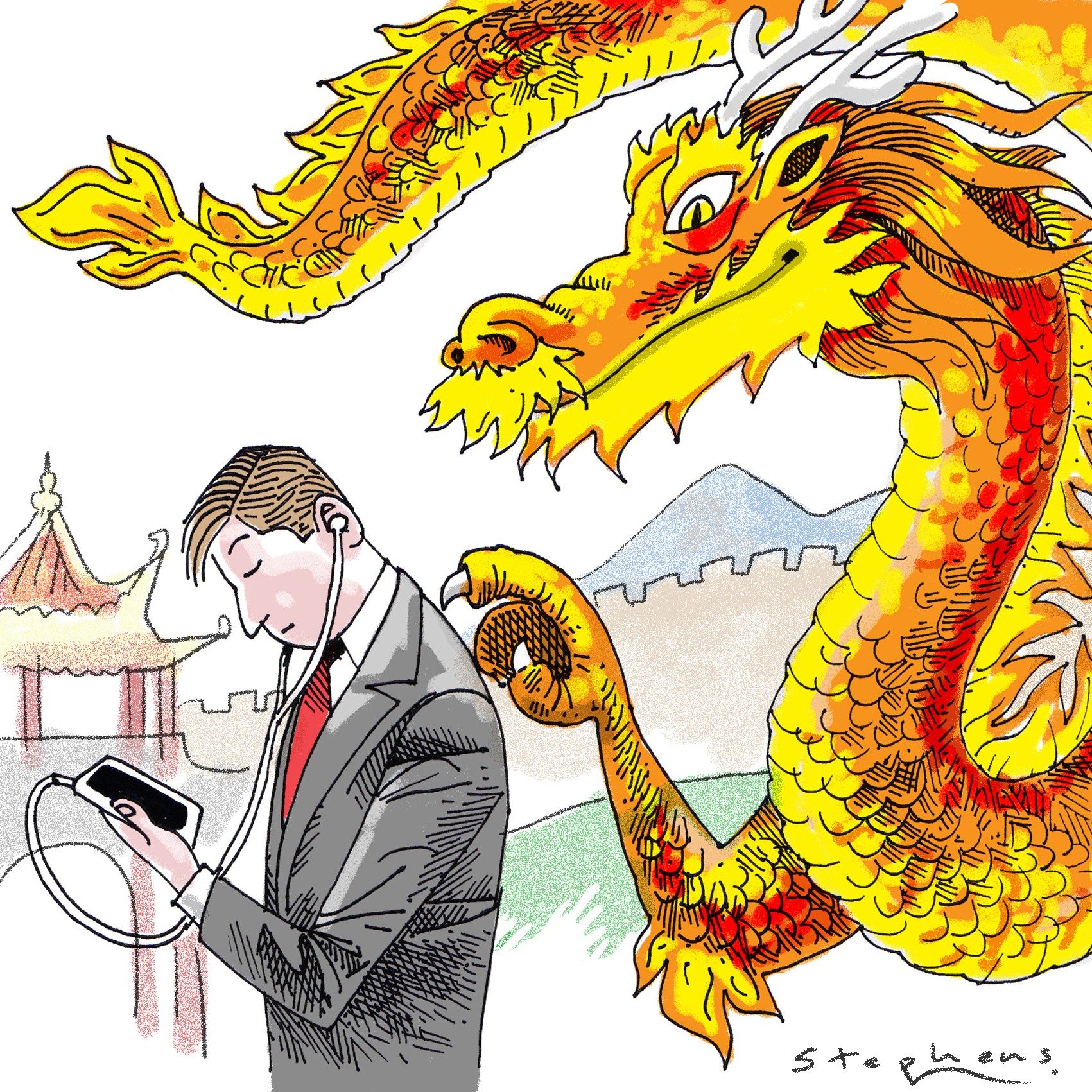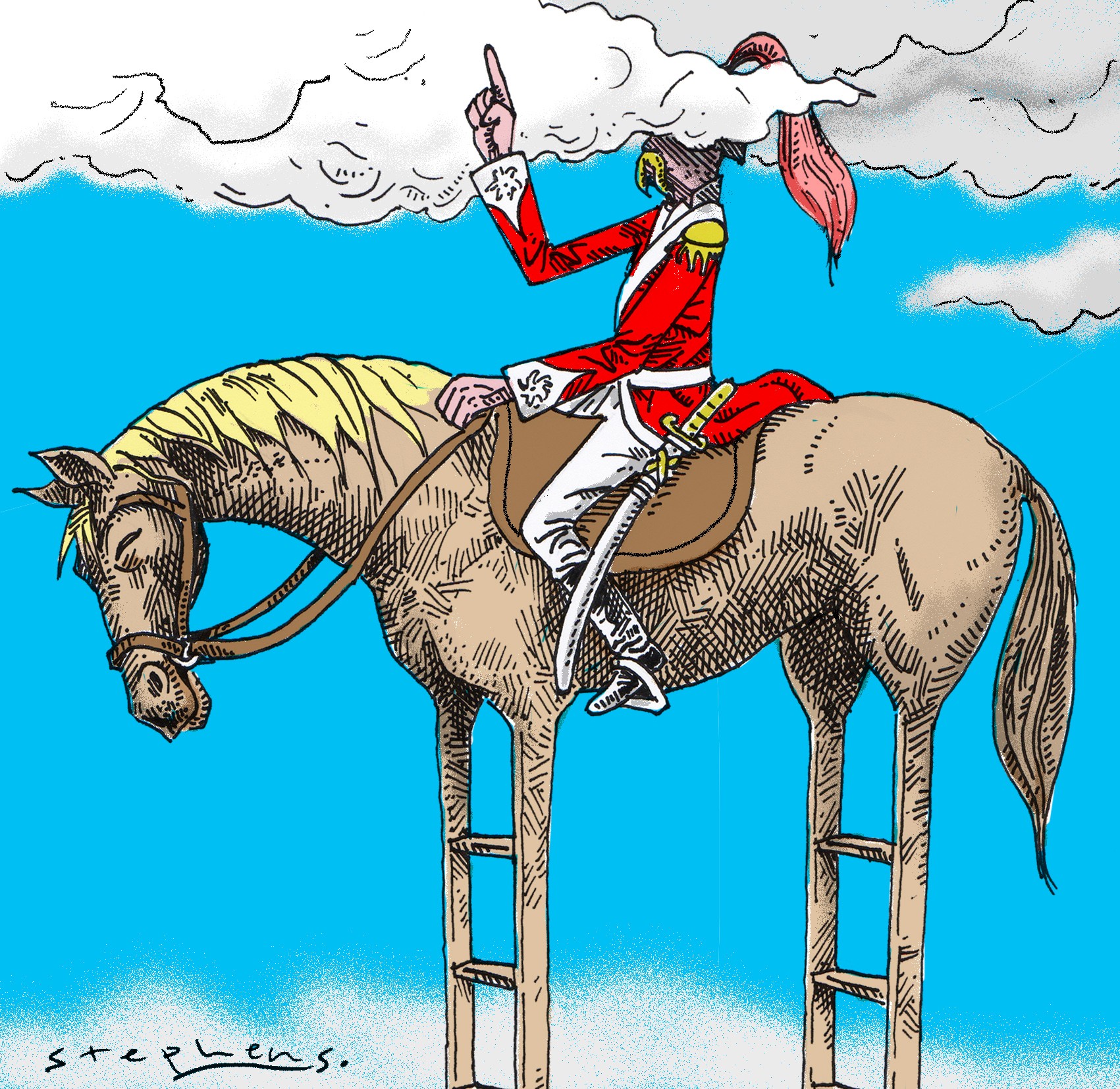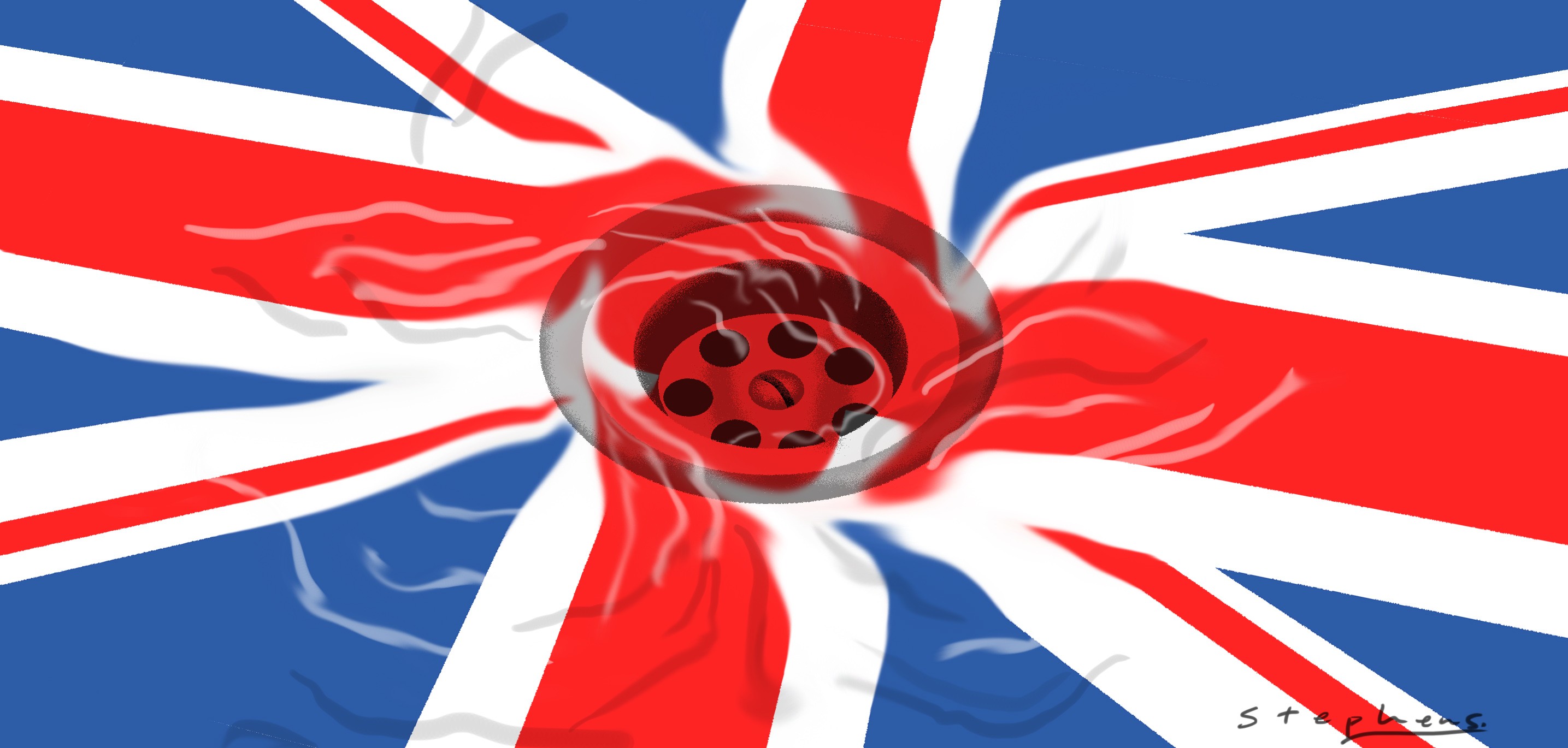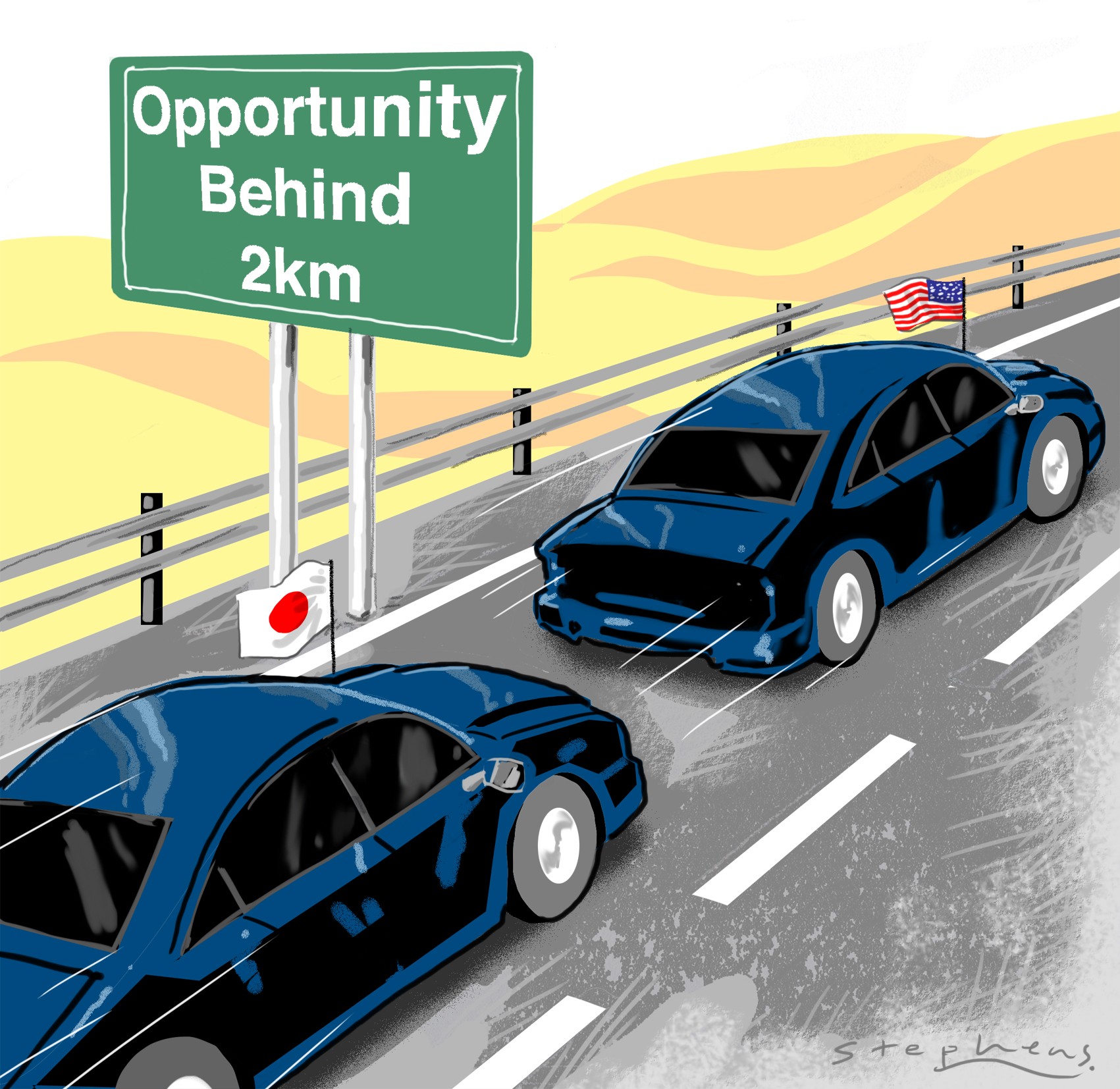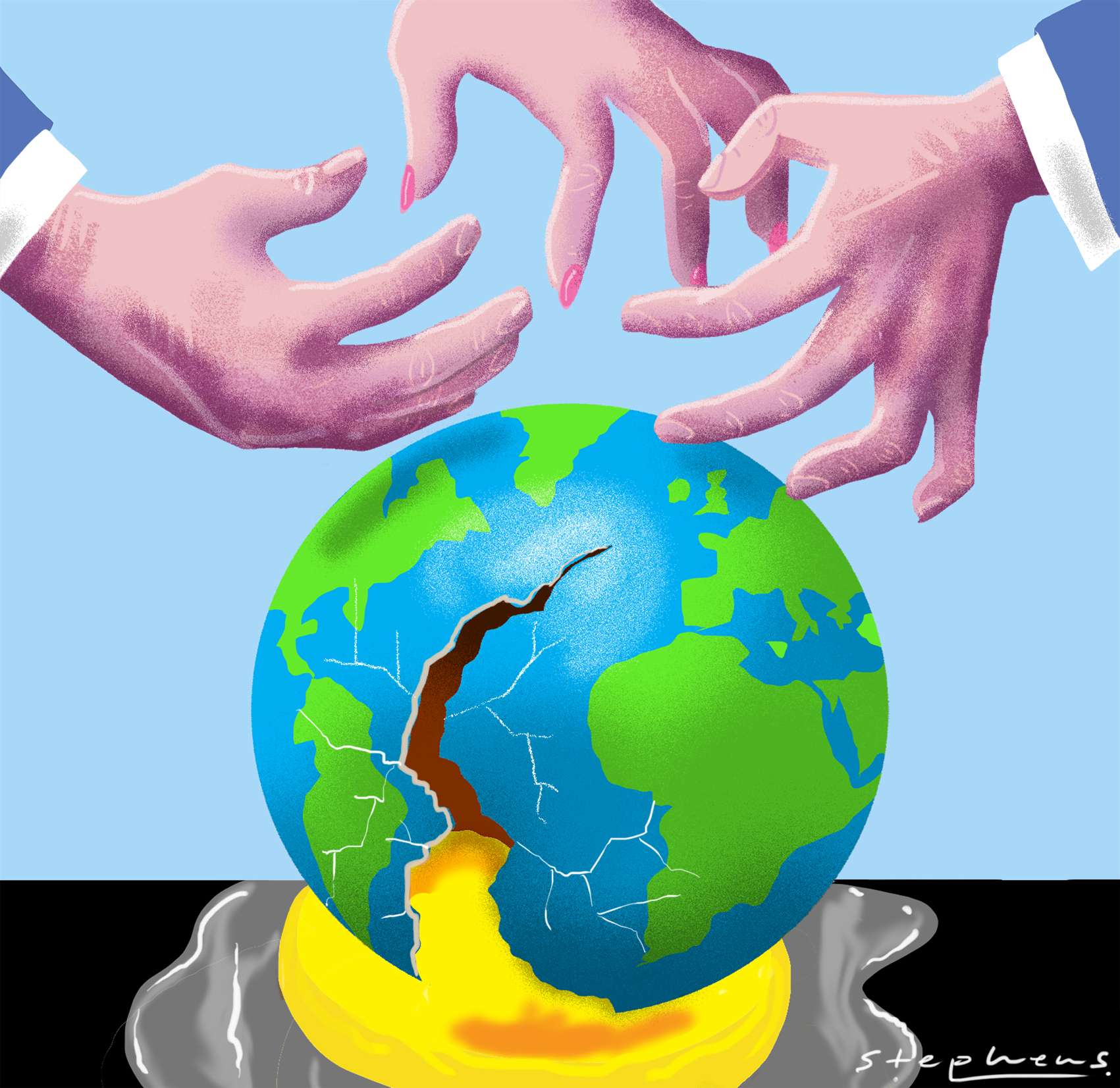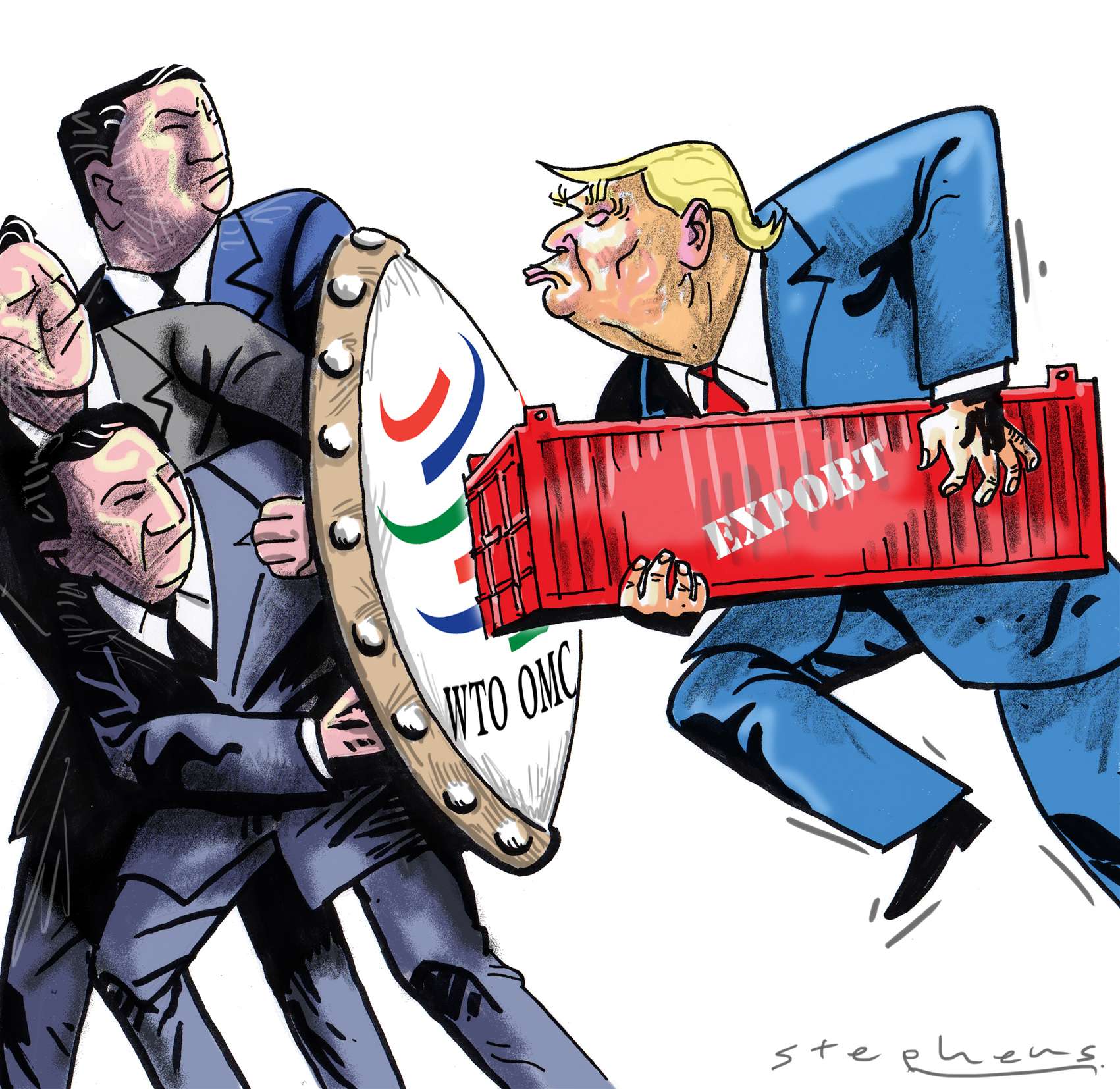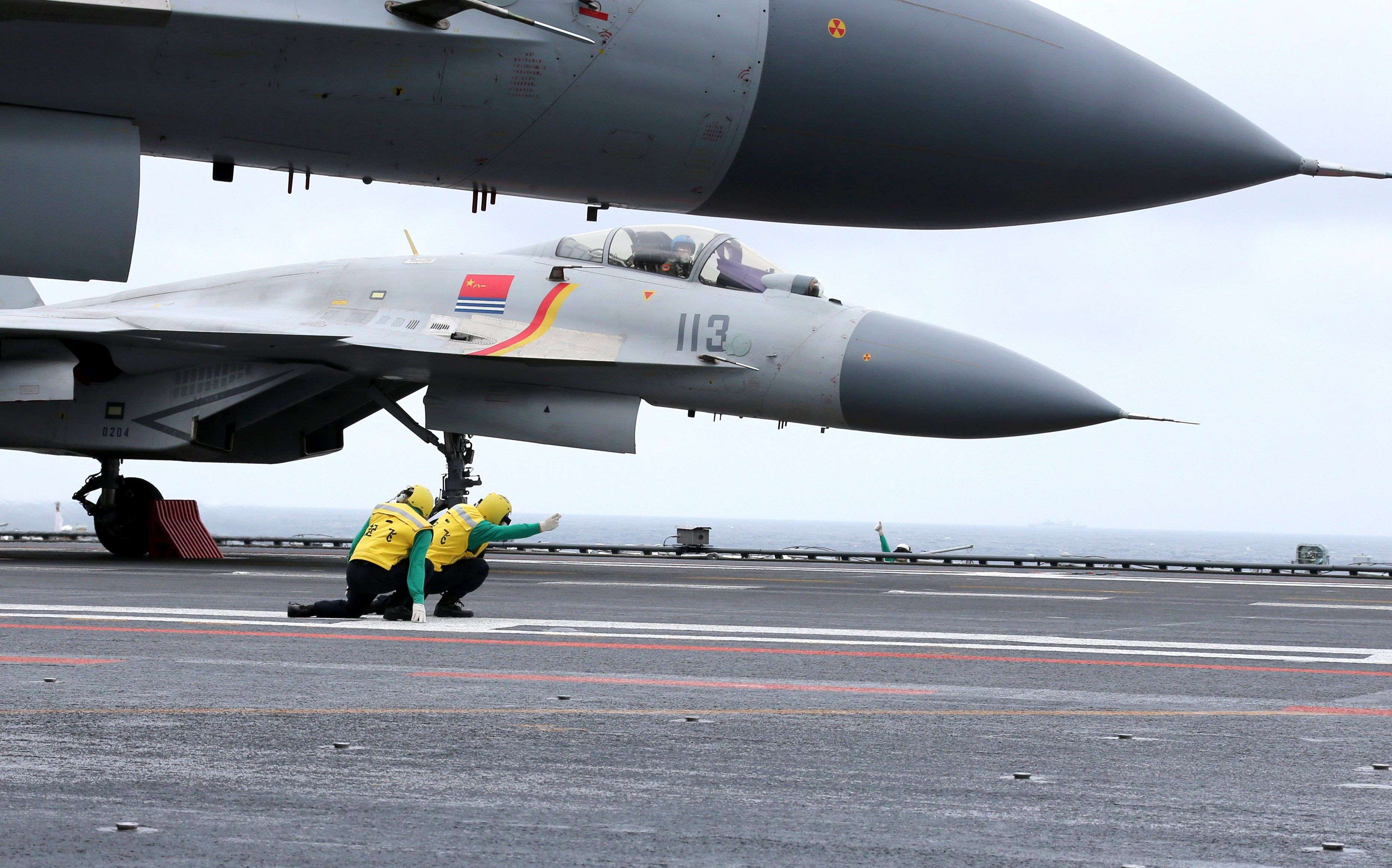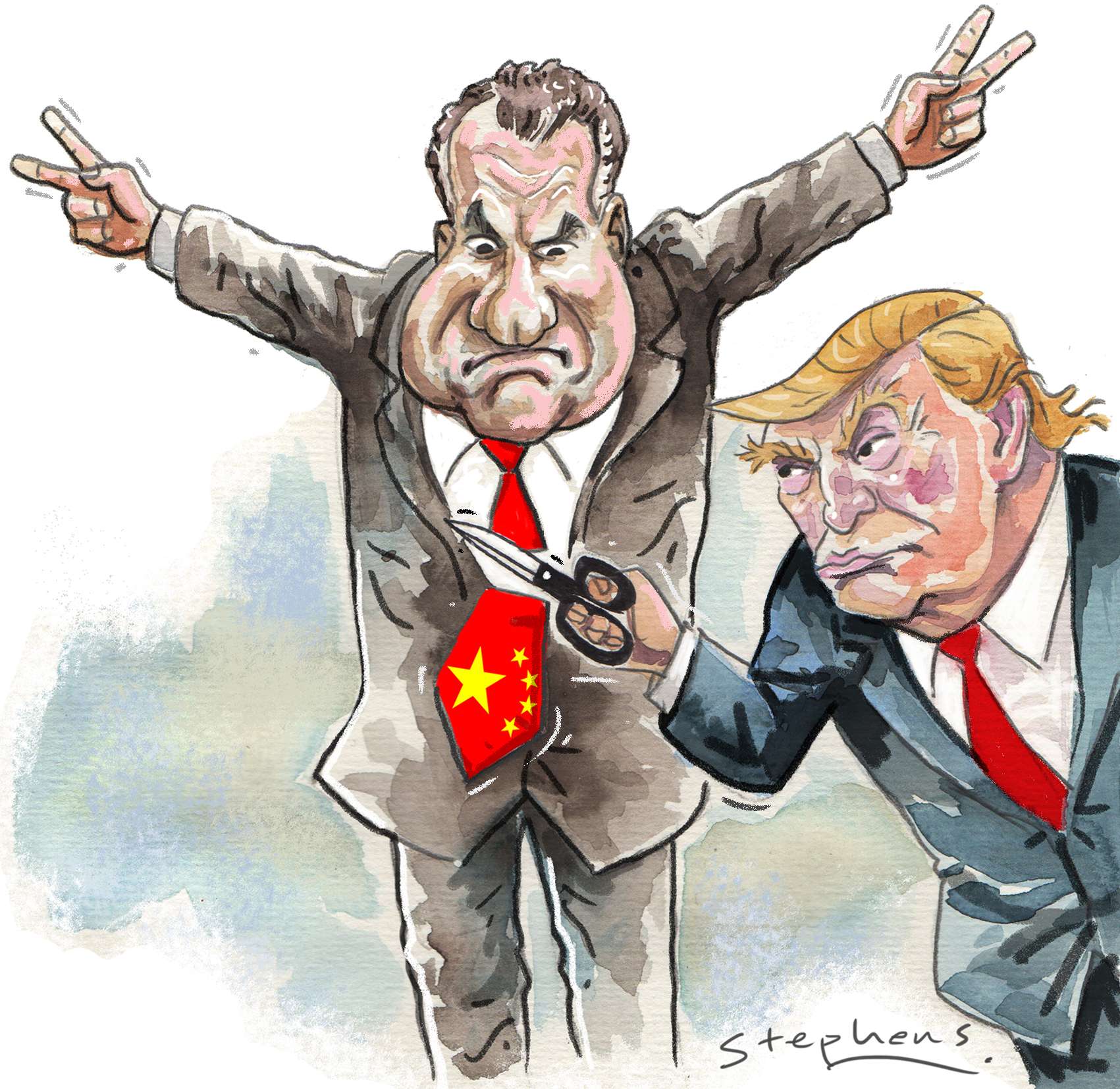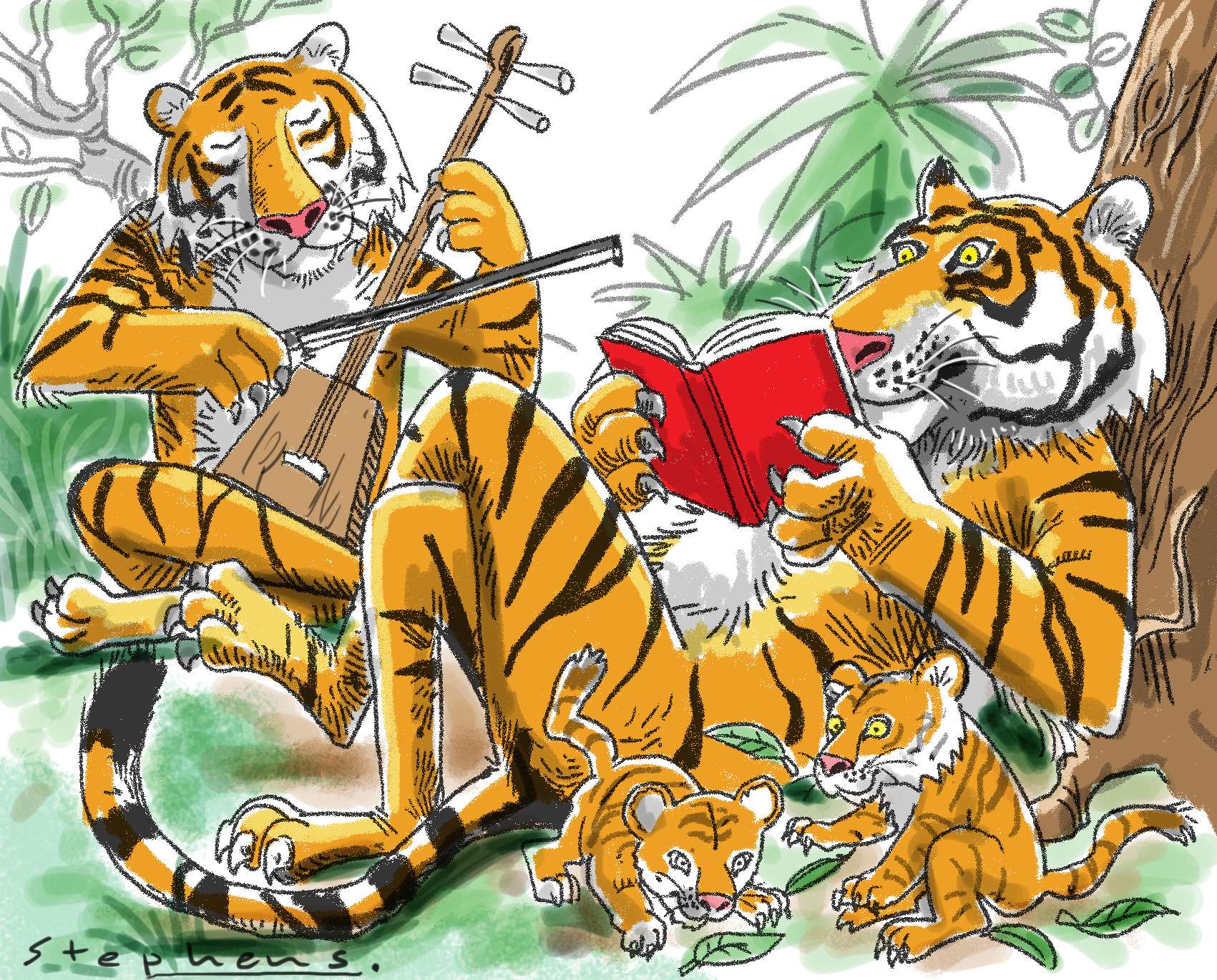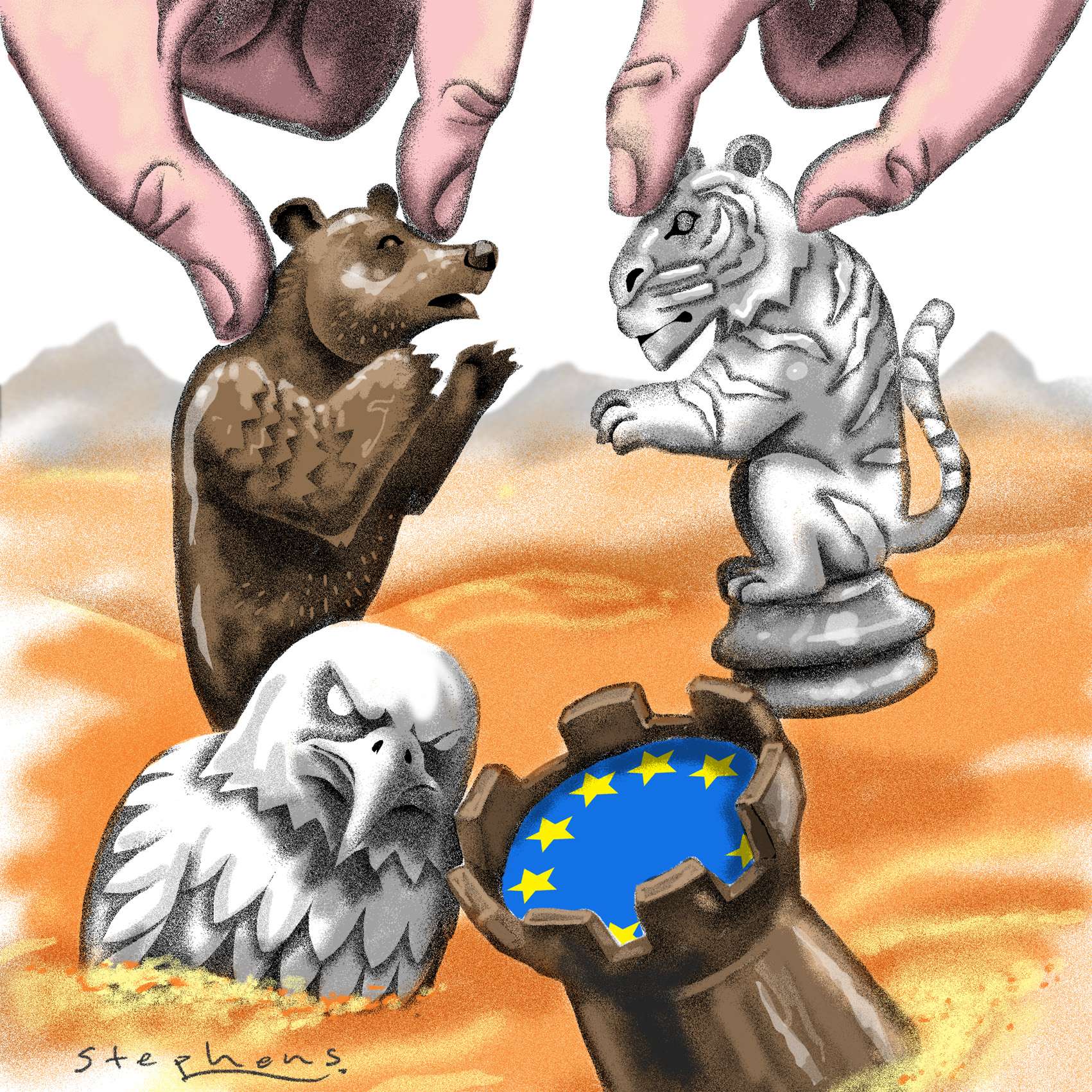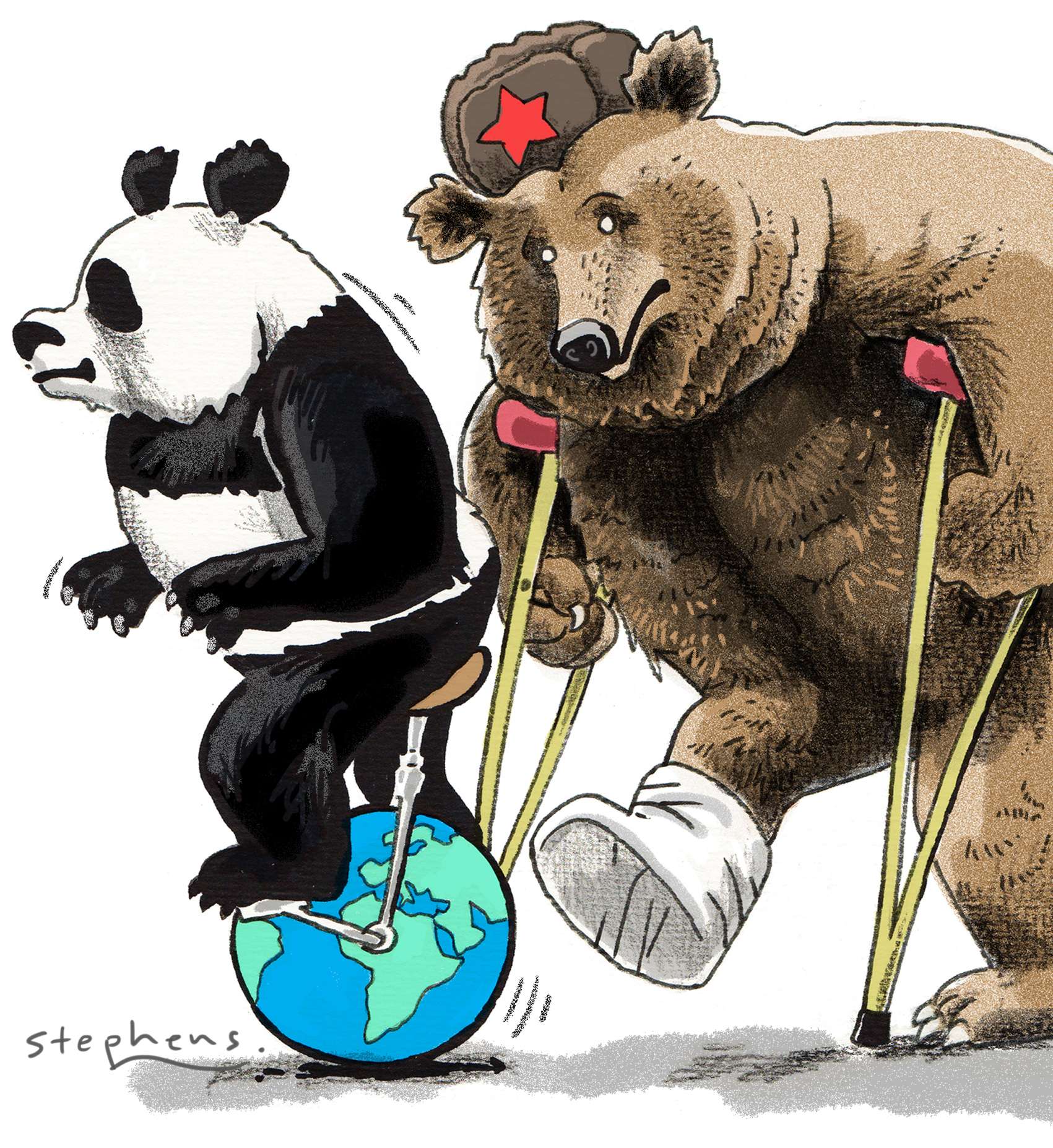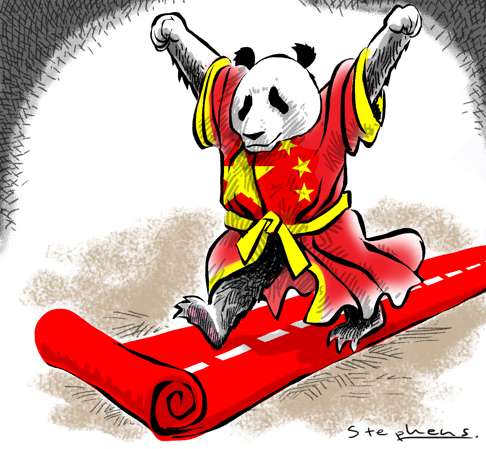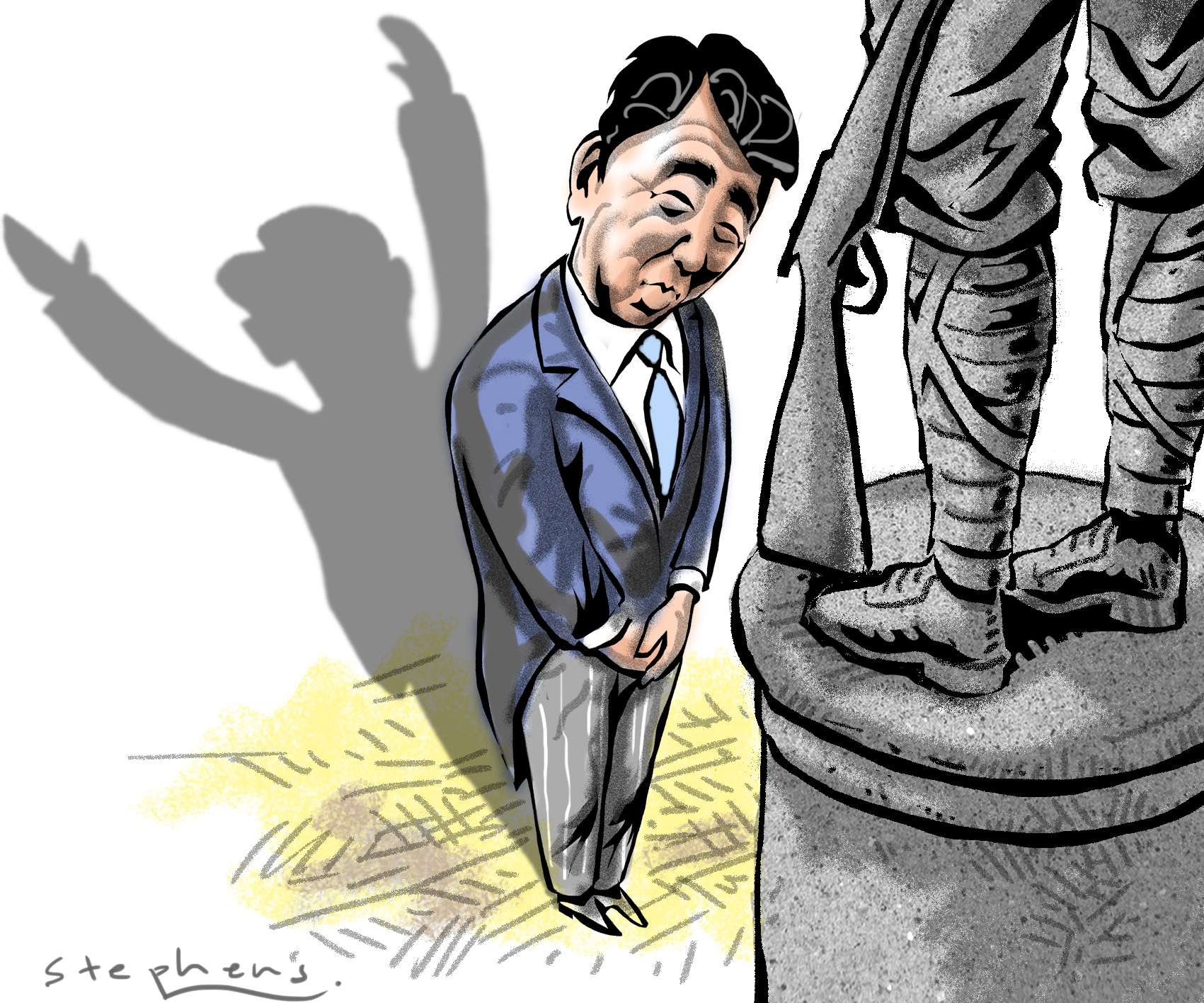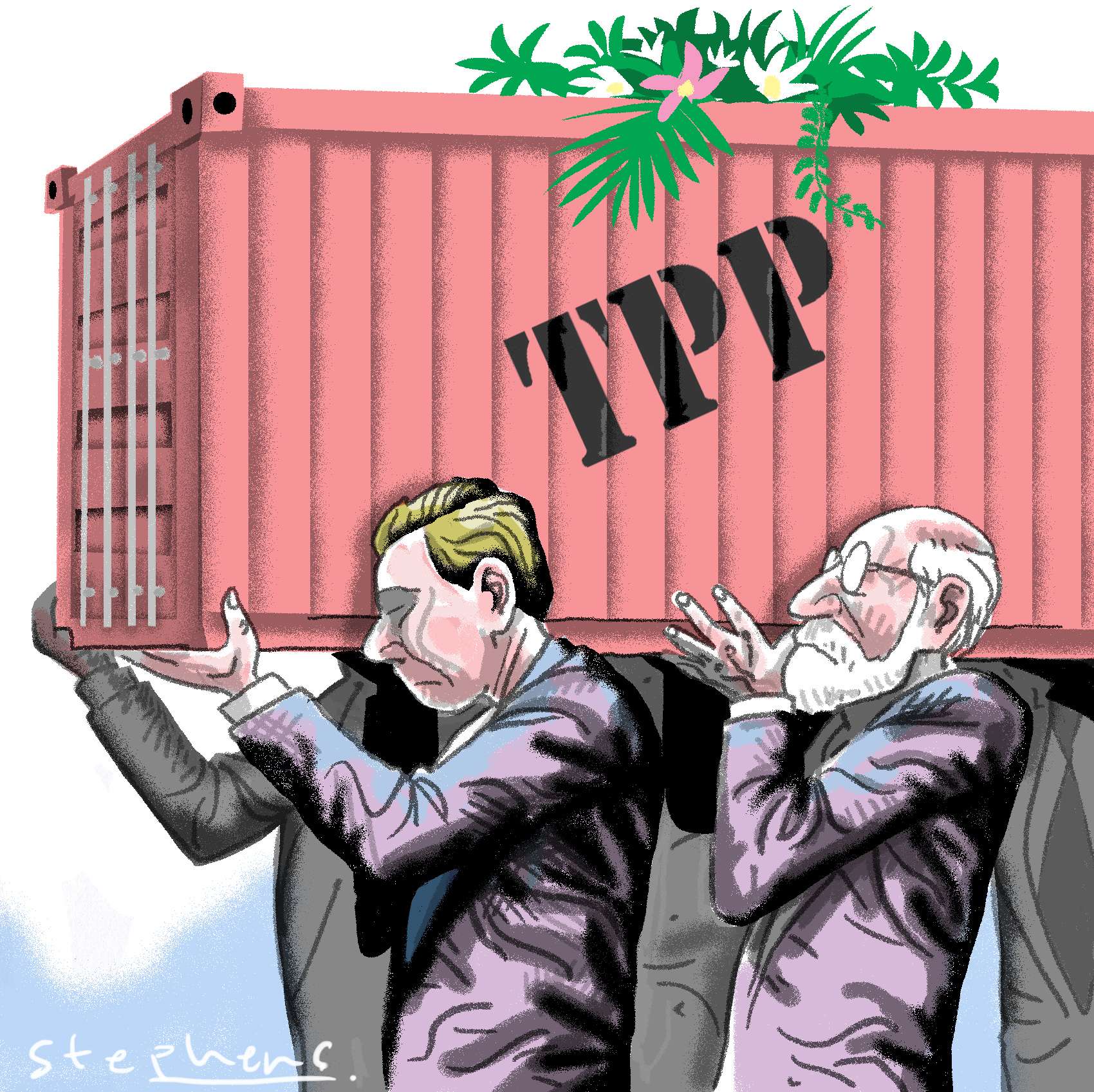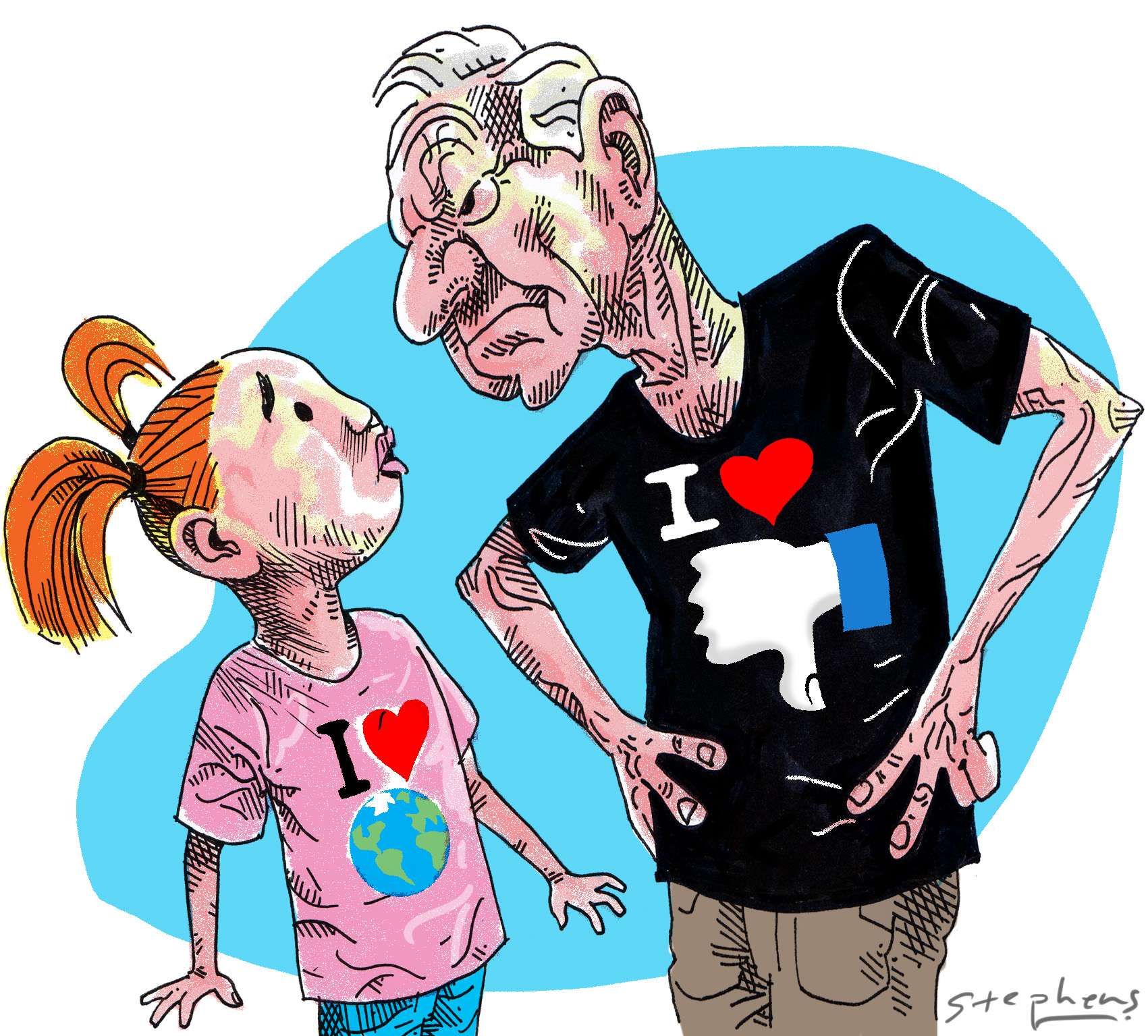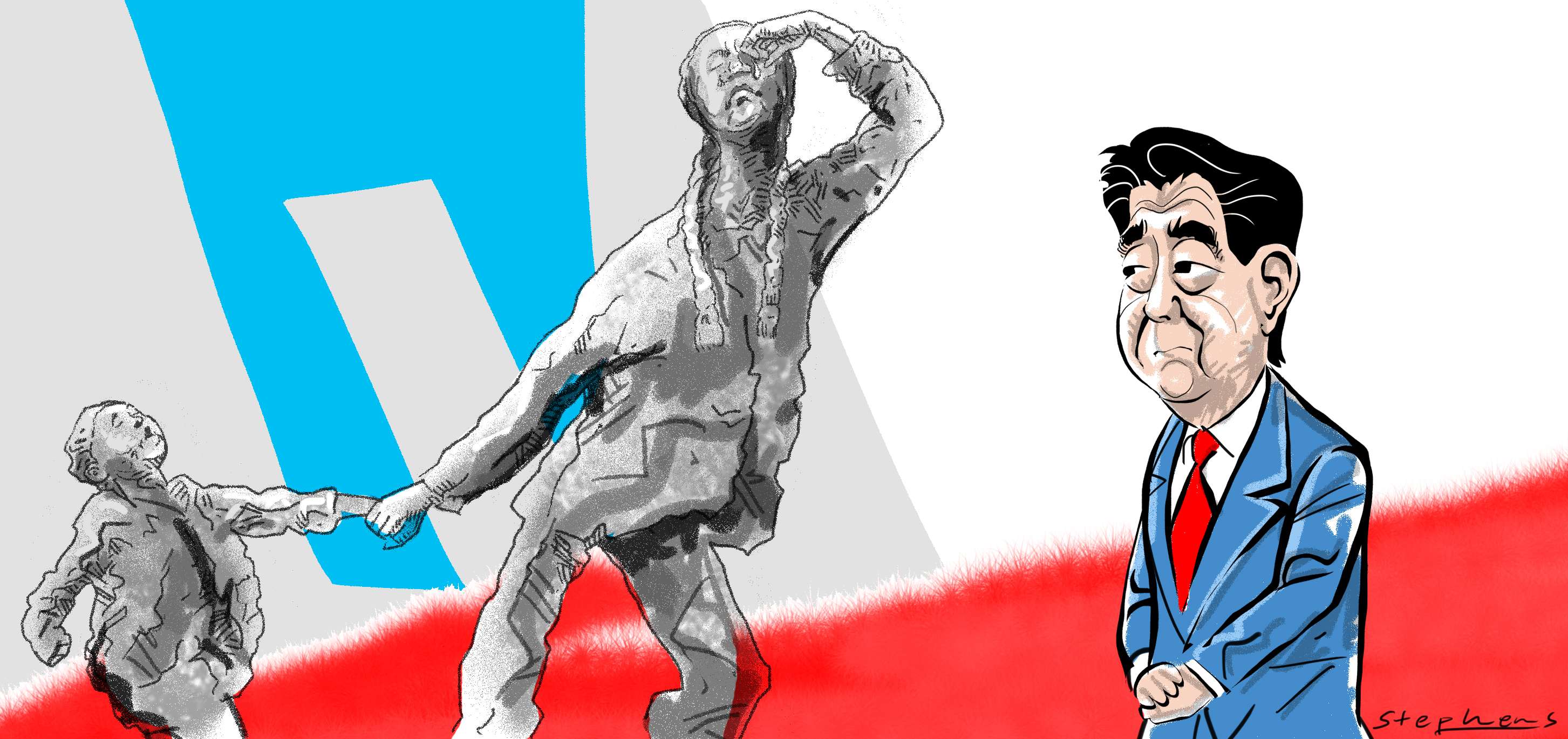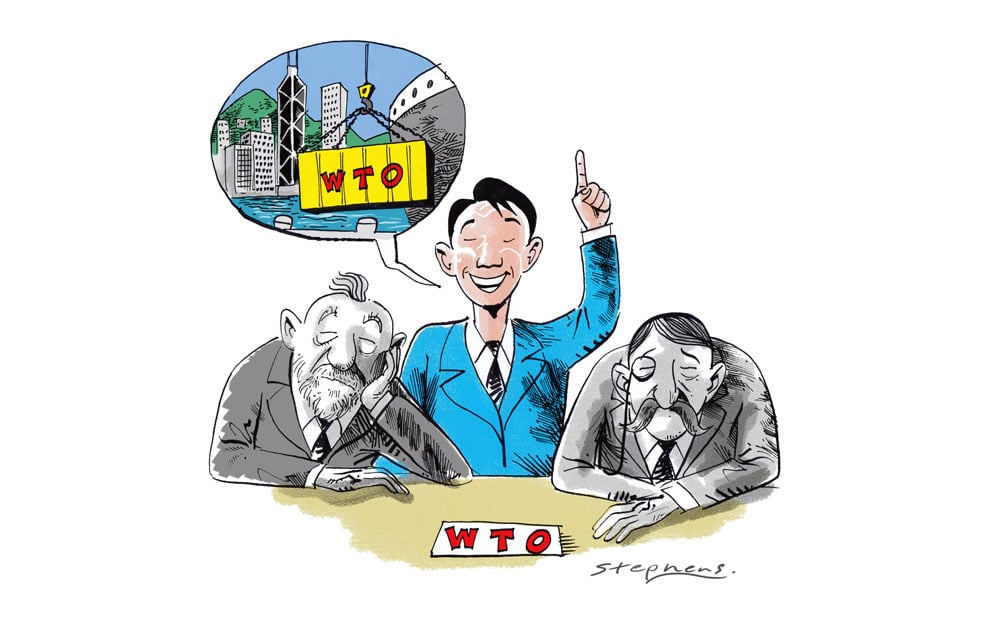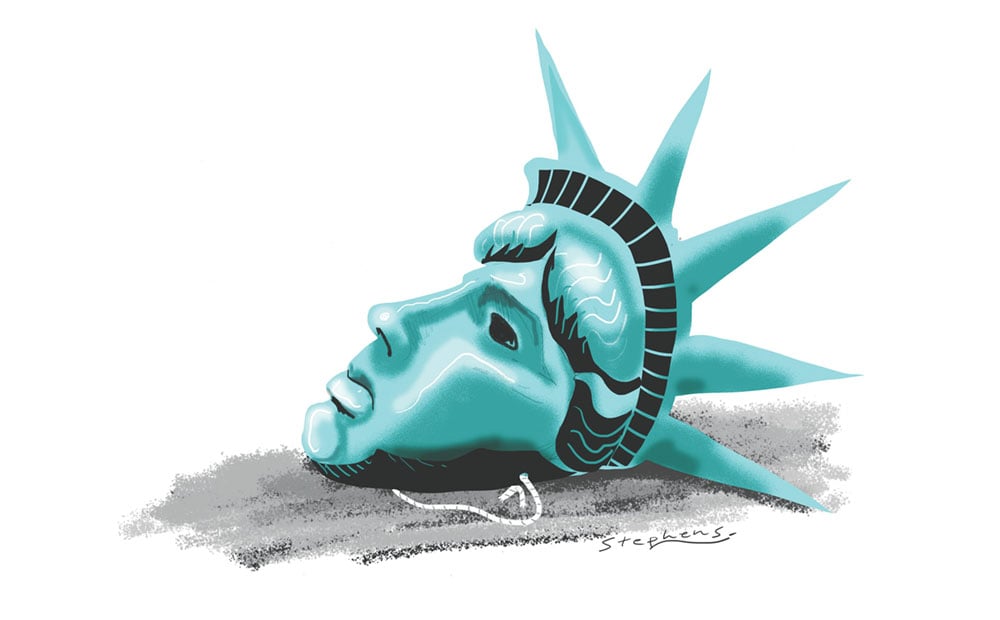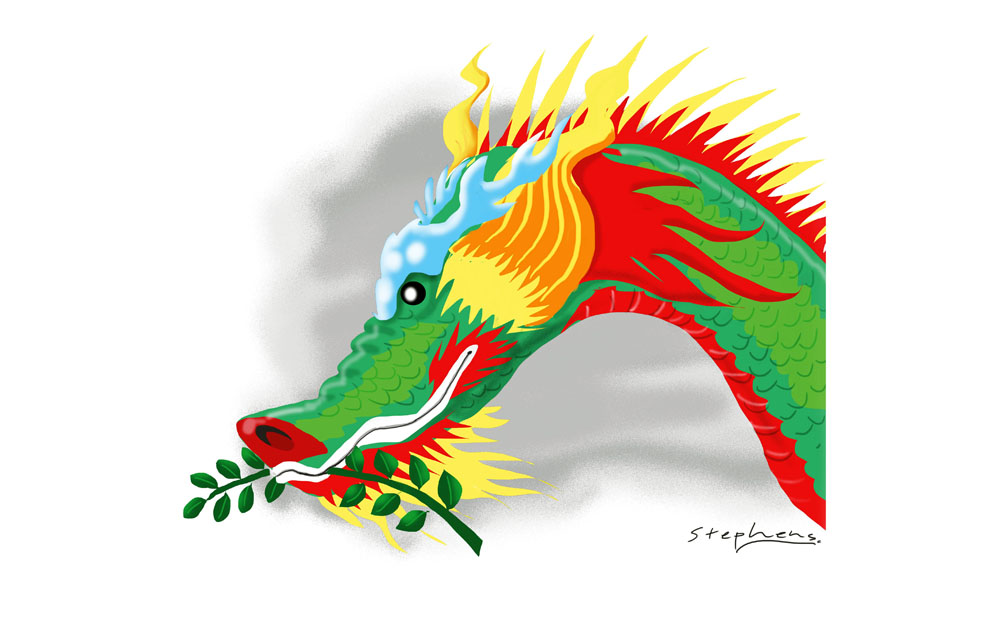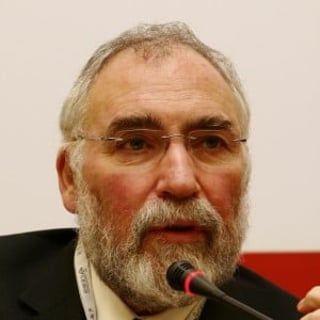
Though one major global power dominated the past two centuries, in the 21st century, no single country will be calling the shots. The tussle for influence will be fiercest on the Asia-Pacific stage
The gap between our changing markets and the unchanging ways of trade negotiations led to the collapse of WTO talks in 2003. Today, the problem persists amid a rising tide of populism and nationalism.
Jean-Pierre Lehmann says if we look beyond the obvious European frame, Brexit is a window on to a future where ageing populations hang on to their privileges and global economic growth has failed to benefit all
If the definition of insanity is doing the same thing over and over again and expecting different results, the World Trade Organisation can be deemed to be insane.
In writing this at a time of acute tension and bearing in mind a previous article I wrote on the opium wars and the West's cheek in admonishing China to be a "responsible stakeholder", I am aware that I am entering a minefield and risk being misinterpreted.
China is the first new great global power to emerge in over a century. It is receiving a great deal of unsolicited advice in the process, notably then US deputy secretary of state Robert Zoellick's 2005 admonition to Beijing that it should be a "responsible stakeholder".
